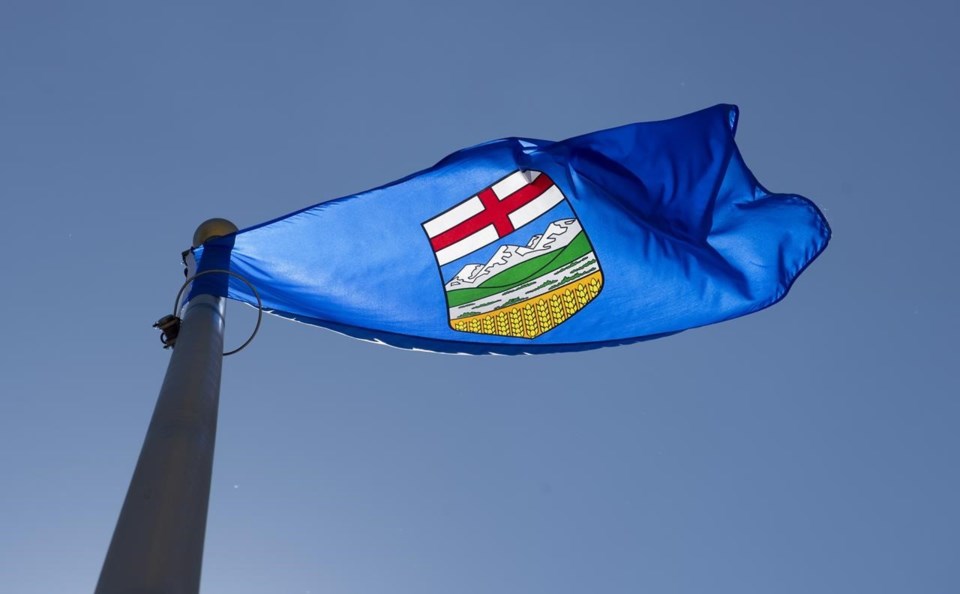A renewable energy windfall of nearly $300 million for the Alberta government should be used to expand the industry and help low-income people pay power bills, say the provincial New Democrats.
"I think we can start by using some of that money to lower power bills for Albertans," said Nagwan Al-Guneid, the party's energy and climate change critic.
Al-Guneid was referring to numbers crunched by the University of Calgary's School for Public Policy. This week, economics professor Blake Shaffer and co-authors updated the total payments that renewable power producers have been making to the province under contracts signed during the previous New Democrat government.
Those contracts, made under the Renewable Energy Program, contain what Shaffer called a "two-sided" clause.
Companies first bid for the price at which they will sell electricity, the lowest price winning the auction. They are then guaranteed whatever price they bid.
If the market price drops below the auction price, government pays the difference. If it rises above, companies pay the government.
"The net effect for the developer is certainty," said Shaffer. "It shows the value of (developers) getting certainty."
The contracts were signed between 2015 and 2017. Companies were then willing to bid between $30 and $43 a megawatt-hour, far lower than expected and a reflection of how cheap renewables have become to install.
Market prices for power have since more than quadrupled. The difference has gone to the government.
By now, Shaffer and his co-authors calculate the total cash value of those payments at $186 million.
But the companies also agreed to relinquish rights to any carbon credits they would generate by replacing fossil fuel-generated power. At about $20 a megawatt-hour, Shaffer figures savings from those unissued credits bring the total gain for provincial coffers to $282 million.
Josh Aldrich, spokesman for Affordability and Utilities Minister Nathan Neudorf, said the government is committed to ensuring Alberta remains a favoured destination for renewable energy investment.
"The Renewable Electricity Program helped early on to attract renewable projects to the province but eventually ran its course," he wrote in an email. "Any revenue received through (the program) has been used to support the programs and services Albertans need and rely on.”
It's not clear where the money has gone, Shaffer said.
The United Conservative government did offer a power bill rebate program that ended in April. But much of the rebate under that program will be paid back by consumers in subsequent bills.
"They never earmarked these funds for (rebates)," Shaffer said. "I've never seen it in the budget."
Al-Guneid said the New Democrats have also tried to track where the money went, without much clarity. She does have a suggestion — help Albertans.
"Albertans are struggling with their bills," she said. "We know people are hurting and it's the most vulnerable who are hurting the most."
After that, the remainder could be used to boost the industry that delivered the windfall in the first place. Al-Guneid said leftovers could help build energy storage in the province, increasing the reliability of a renewables-powered grid.
"We need to enhance grid stability," she said. "We need to look at expanding that sector."
She pointed out that the International Energy Agency forecasted Tuesday that $1.8 trillion will be spent on renewable power in 2023 alone and that Alberta — which has imposed a seven-month pause on approvals of new renewables projects — risks falling behind.
Shaffer cautions that the windfall won't last forever. Power prices are expected to fall, reducing the government's take.
But they aren't expected to drop below the auction price.
"It's unlikely that they'll give up these gains," said Shaffer. "It's going to be a trickle, not a flood."
This report by The Canadian Press was first published Oct. 24, 2023.
Bob Weber, The Canadian Press



